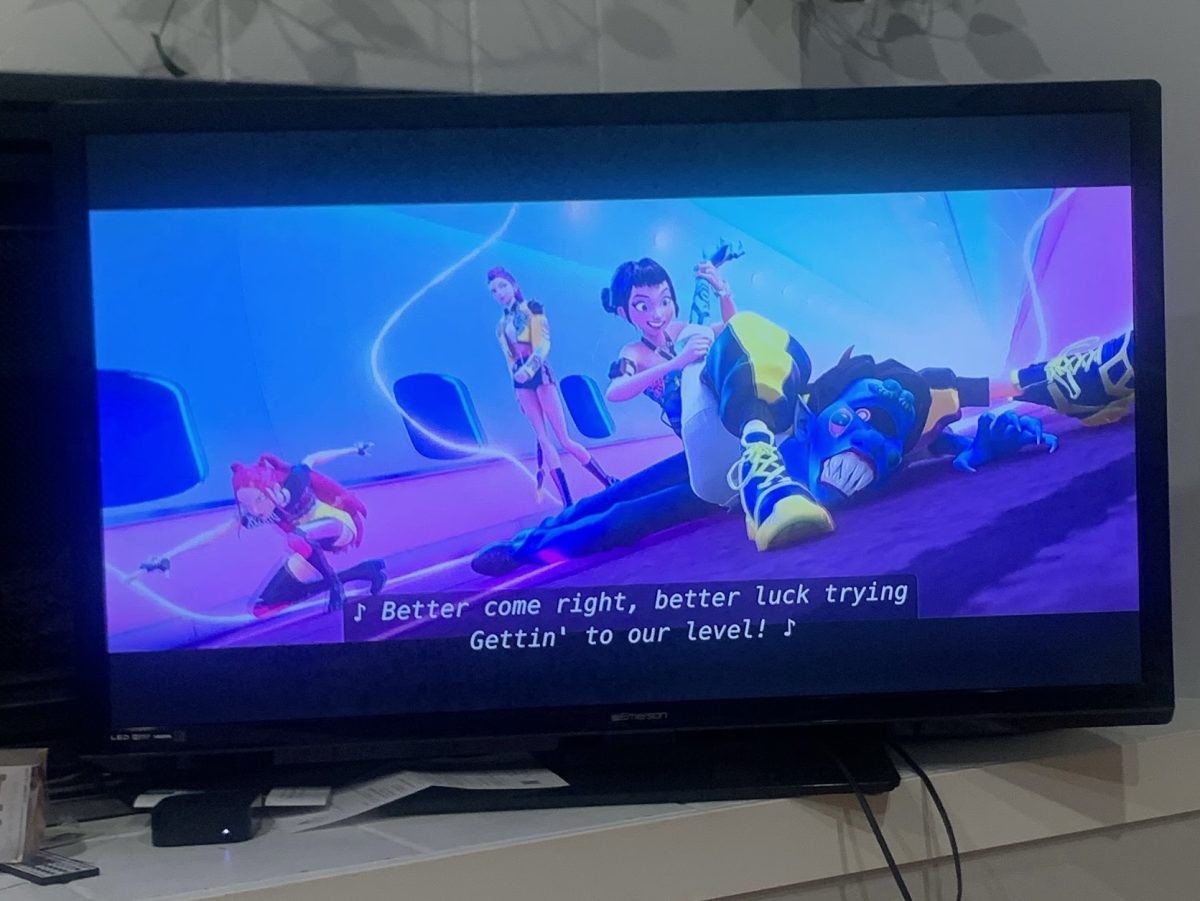In an era where social media is central to culture, connection, and communication, it’s hard for any of us to imagine parting with our devices for just a day. We rely on apps like Instagram and TikTok to feed us the latest news and trends based on our personal interests. Subcultures develop on social media, creating communities for every hobby and interest a person might have. However, our government recently proposed a ban on one of the most popular social media platforms today: TikTok.
Since rumors began to circulate in late 2020, the TikTok ban is a recurring topic because of its potential threat to personal data and foreign security. In years past, countries like India, China, and Nepal have banned the mainstream app because of the massive amount of user data TikTok stores, and the U.S. is threatening to follow suit. This time around, TikTok’s over 170 million American users are taking the discussion of the ban more seriously upon its introduction to the Supreme Court. On Wednesday, January 8th, President Joe Biden’s sign off on foreign aid legislation gave ByteDance, TikTok’s parent company, 270 days to sell Tiktok to an American company before it’s removed from American app stores and banned from internet hosting services. This marks the official ban date on January 19th, 2025, and American users are dangerously close to losing years of information and connectivity.
American TikTok users have protested, arguing that the app amplifies creativity, music, fashion, business, and most importantly, connection. TikTok has become a meaningful platform for sharing ideas and cultivating new ones. Alongside consumers, creators are at risk of losing a major source of income and the support from TikTok’s users. Emily Esenn, a TikTok influcencer, emphasized how the prohibition of TikTok leads many influencers with huge platforms into financial instability.
Timpview senior Mia Martinez Danner has expressed similar sentiments about TikTok, stating that “it’s a creative outlet for so many people, and magnifies everyone’s voices. There is so much that I’ve learned from TikTok.” Other Timpview students shared how their style choices, hobbies, and even positive study habits can be attributed to videos from the platform.
While concerned parents might celebrate the ban on TikTok because of its time consuming nature, adolescents are at risk of losing a sense of belonging and inspiration. Thankfully, there are other platforms, like Lemon8 and Red Note, emerging to promote a familiar sense of community. Existing media platforms such as Pinterest can be equally as inspiring for individuals fostering their identity.
Fortunately, there is still hope for a 90 day extension on the bill proposed by Senator Markey. While we anxiously await the future of TikTok and its potential end, we can strive to maintain the originality and connection fostered by the platform in our every day lives.











